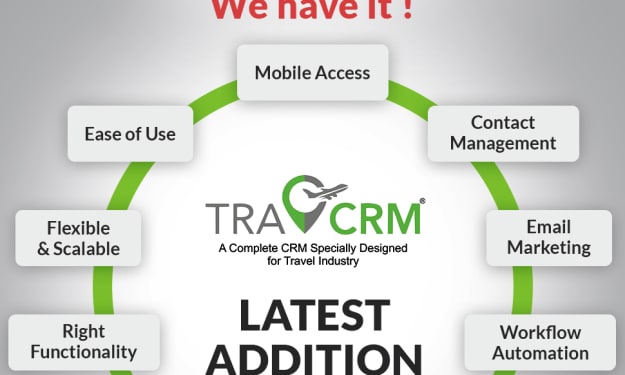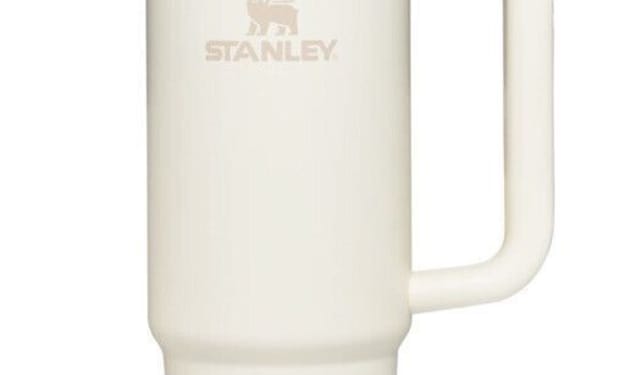A Comprehensive Guide to Apparel ERP Software for the Apparel Industry
Best Apparel ERP in India

Introduction:
The fashion and apparel sector is a complex industry with many moving parts, so if you try to manage it using manual procedures or an outdated enterprise resource planning system, it would probably collapse like a house of cards. Then you can manage your Garment Business, Apparel ERP software is the answer. All of these procedures can be managed, along with administration of storage, distribution, accounting, and payment systems, by an industry-specific garment solution. By integrating and streamlining various business processes, ERP systems enhance collaboration, improve productivity, and drive overall business growth. In this comprehensive guide, we will explore the key features, benefits, and implementation considerations of ERP systems specifically tailored for the apparel industry.
Understanding Apparel ERP Software:
ERP systems are comprehensive software solutions designed to integrate and manage core business functions, including finance, inventory, manufacturing, sales, and more. They provide a centralized database and a suite of modules that enable efficient planning, coordination, and control across various departments within an organization. In the context of the apparel industry, Apparel ERP Software play a vital role in optimizing operations, improving efficiency, and ensuring effective resource utilization.
Benefits of ERP for Apparel Businesses:
Implementing Best ERP For Apparel Industry brings numerous benefits. These include:
1. Streamlined Inventory Management: ERP systems provide real-time visibility into inventory levels, enabling accurate demand forecasting, optimized stock replenishment, and reduced carrying costs.
2. Enhanced Supply Chain Visibility: ERP systems facilitate better collaboration and information sharing among suppliers, manufacturers, and retailers. This improves supply chain efficiency, reduces lead times, and enhances overall customer satisfaction.
3. Improved Production Planning and Scheduling: ERP systems offer robust features for production planning and scheduling, enabling better capacity utilization, efficient resource allocation, and on-time delivery of orders.
4. Seamless Order Management and Fulfillment: ERP systems automate the order management process, from order entry to fulfillment, ensuring accurate order processing, timely shipment, and improved customer satisfaction.
5. Real-time Tracking of Sales, Profitability, and Financials: ERP systems provide comprehensive reporting and analytics capabilities, enabling businesses to monitor sales performance, analyze profitability, and make informed financial decisions.
6. Enhanced Collaboration and Communication: ERP software break down information silos by facilitating seamless communication and collaboration among different departments, fostering teamwork and efficiency.
Key Features of Best Apparel ERP Software:
Apparel ERP systems come with a range of features tailored to the specific needs of the industry. These include:
1. Product Lifecycle Management (PLM): PLM modules enable efficient management of product development, from design to production, ensuring effective collaboration among designers, suppliers, and manufacturers.
2. Material Requirements Planning (MRP): MRP functionality helps businesses accurately forecast and plan material requirements based on production schedules, customer demand, and inventory levels.
3. Advanced Inventory Management: ERP systems provide features for tracking and managing inventory across multiple locations, optimizing stock levels, and reducing stockouts or overstock situations.
4. Production Planning and Scheduling: ERP systems offer robust tools for production planning and scheduling, considering factors such as capacity, resource availability, and customer demand.
5. Order Management and Tracking: ERP systems automate the order management process, from order entry and processing to shipment tracking and delivery confirmation.
6. Financial Management and Reporting: ERP systems provide comprehensive financial modules that streamline accounting processes, facilitate accurate financial reporting, and ensure compliance with regulations.
Implementation Considerations:
When implementing an ERP system for the apparel industry, several factors should be considered:
1. Assessing Business Needs and Defining Requirements: Clearly define the specific needs and goals of your apparel business to identify the features and functionalities required in an ERP system.
2. Selecting the Right ERP Vendor and Solution: Evaluate different ERP vendors, considering factors such as industry expertise, scalability, support, and customization options.
3. Data Migration and System Integration: Plan the migration of existing data to the new ERP system and ensure seamless integration with other business systems or third-party applications.
4. Training and Change Management: Provide comprehensive training to employees to ensure smooth adoption of the new ERP system and effective change management within the organization.
5. Post-Implementation Support and Maintenance: Establish a support system with the ERP vendor to address any issues, provide updates, and ensure the system's optimal performance.
Conclusion:
Implementing a Garment Manufacturing ERP Software tailored for the apparel industry can significantly transform and optimize business operations. By streamlining processes, improving collaboration, and enhancing overall efficiency and profitability, ERP systems enable apparel businesses to stay ahead of the competition and meet customer demands effectively. Through careful evaluation, selection, and implementation of the right ERP solution, apparel businesses can navigate the complexities of the industry, boost productivity, and drive sustainable growth. Embracing the power of ERP systems is a strategic move that propels apparel businesses toward success in the ever-evolving marketplace.
De Box Global is a leading provider of apparel ERP software, offering a comprehensive solution to manage and optimize apparel businesses. With their robust and user-friendly ERP system, they effectively handle various aspects of apparel management, including inventory, production, sales, and financials. De Box Global software streamlines operations, enhances supply chain visibility, and improves collaboration across departments. Their best apparel ERP software enables efficient product development, seamless order management, and real-time tracking of sales and profitability. With a focus on quality control and compliance, De Box Global ensures that apparel businesses can maintain high standards and meet industry regulations. With their expertise and innovative technology, De Box Global stands out as the best apparel ERP software provider for apparel businesses.
About the Creator
DeBox Global
Dè Bõx is a business process and strategy consulting company that uses technology to deliver impactful and sustainable results by "Thinking out of the box".






Comments
There are no comments for this story
Be the first to respond and start the conversation.